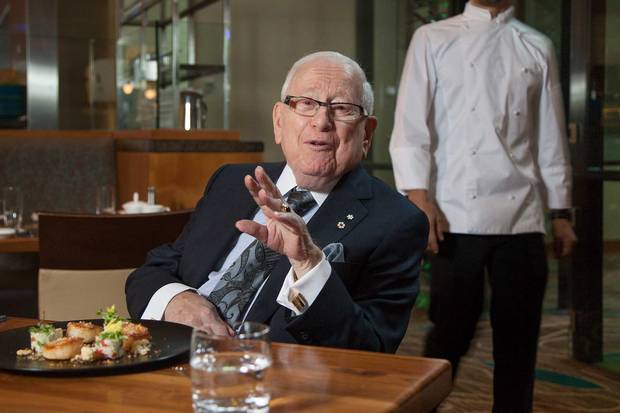What's your outlook for the coming year or so?
My opinion is probably similar to most other people—you wonder when the other shoe is going to drop. There have been more millionaires and billionaires made in the past 10 years than ever before. Everybody's living high off the hog. There has to be a correction. Nothing goes straight up. There's always an adjustment period.
Look at what happened in 2008: They said that was an adjustment. The only difference between 2008 and some of the other crashes is that this one recovered very quickly. Within two years, everybody was rolling again. But from my viewpoint, 2008 was an opportunity. If you were liquid, you could buy. And I did take advantage of 2008 and 2009—we did several deals. And in retrospect, they've doubled in value.
Talk a bit more about the importance of liquidity.
You must have a balance and never, ever, be vulnerable. Because when you're vulnerable, nobody cares about you. It doesn't matter how great your relationship is with a bank. If the banks have a problem, if you're overextended, you have a problem. So you must retain liquidity. I have always kept enough reserves that if I had a problem with a bank, I could tell them to go to hell.
What worries you the most right now?
The world has shrunk a lot. Dependency between every economy around the world is greater today than it ever was. We could wake up tomorrow and have a nuclear war with North Korea. We could have China place an embargo on our imports. The same thing could happen with NAFTA—if we lose NAFTA, maybe it's a good thing, maybe it's a bad thing, but in the meantime, it will rock the economy for a little while. People are like sheep—they all run together.
Do you have a metric you look at to see how the world is doing?
I read every newspaper possible. I read The Wall Street Journal, the Financial Post, The Globe and Mail. I read the local Sun and The Province, I read Forbes and Fortune. So there are no mysteries. If you're well informed, you'll be successful.
What's the best investing advice you ever got?
The best advice I ever got? From my wife: Stay out of trouble.
Where is real estate headed?
I've been here a long time and I've seen it all, and I have people that come in and offer me a piece of real estate for $20 million, and I'll say to them, "I sold that 10 years ago for $2 million." This market is crazy.
How do you choose which charities to support?
Each day, I get a request from one charity or another. And sure, you have to support the high-exposure institutions. But what about the ones nobody looks at? Those are the kinds of things we like to support. There are people who've come in who can't pay their rent, people who haven't got any food. Those donations are non-deductible, but you see the impact.
/Interview by Alex Mlynek
